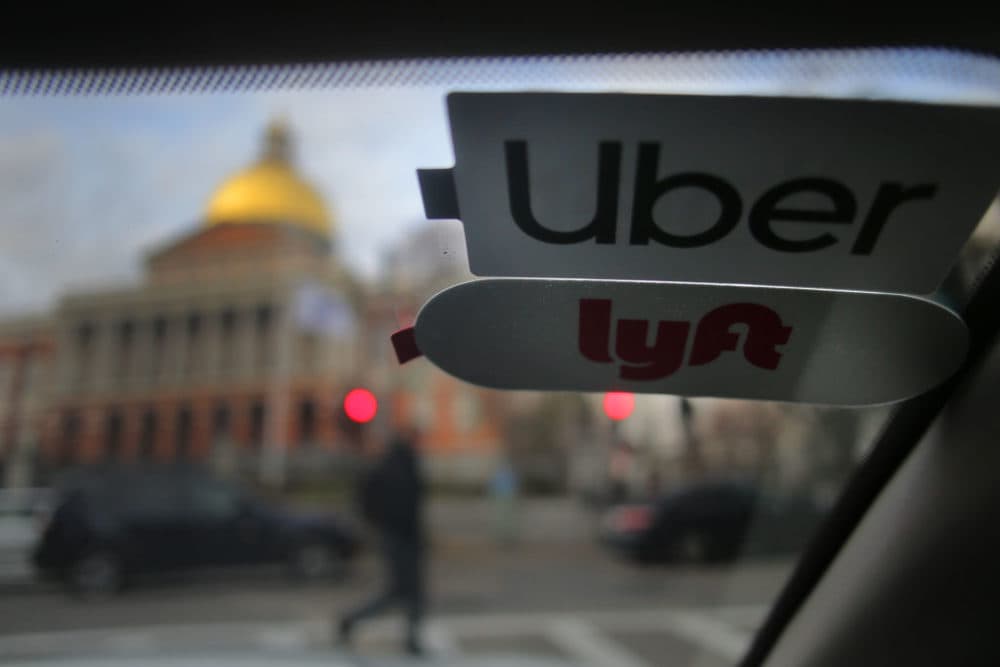Advertisement
SJC tosses app-based drivers question from ballot

The Supreme Judicial Court has tossed the ballot question involving the status and benefits for app-based drivers off the November ballot, upending an expensive campaign with a ruling that the question contains "at least two substantively distinct policy decisions."
Writing for the court, Justice Scott Kafker said most parts of the proposed ballot question (there are technically two versions) "are devoted to defining a new contract-based relationship between network companies and app-based drivers."
But, Kafker said, "in vaguely worded provisions placed in a separate section near the end of the laws they propose, the petitions move beyond defining the relationship between app-based drivers and network companies and the associated statutory wages and benefits."
"The petitions thus violate the related subjects requirement because they present voters with two substantively distinct policy decisions: one confined for the most part to the contract-based and voluntary relationship between app-based drivers and network companies; the other — couched in confusingly vague and open-ended provisions — apparently seeking to limit the network companies' liability to third parties injured by app-based drivers' tortious conduct," he wrote in the ruling that declares Attorney General Maura Healey's certification of the two versions of the question an error.
The plaintiffs in the case had argued that the ballot question violates the requirement that initiative petitions contain only related subjects in three ways: by using guaranteed minimum compensation and benefits as unrelated "sweeteners" to induce voters into backing drivers being classified as independent contractors; by altering the state's paid family and medical leave law; and by changing the potential liability a transportation network company would have to a member of the public injured by a driver.
When the SJC heard oral arguments in the case last month, the justices zeroed in on the argument that a provision of the initiative that states that drivers will not be considered "an employee or agent for all purposes with respect to his or her relationship with the network company" is meant to shield companies from vicarious liability. -